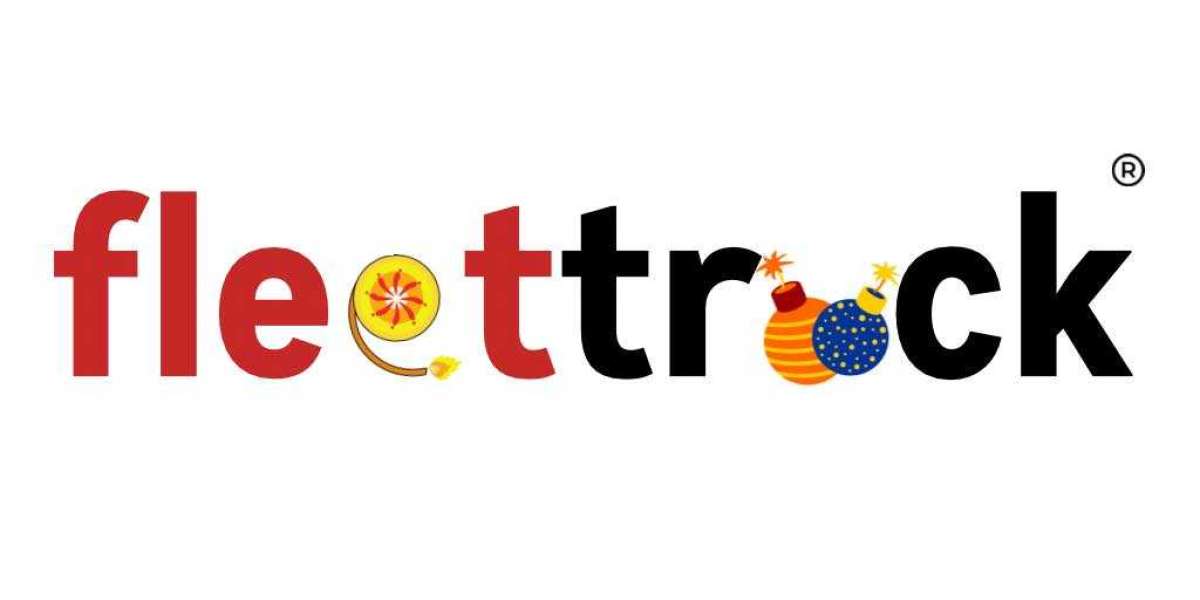Working with advanced polymer materials presents several safety risks that must be carefully managed to ensure a safe working environment. The Occupational Safety and Health Administration (OSHA) provides guidelines and certifications, such as the OSHA Certificate, which are crucial for understanding and mitigating these risks. An OSHA Certificate ensures that workers are well-trained in identifying hazards and implementing proper safety measures. This certification is especially relevant for those involved in industries that heavily rely on advanced polymers.
In Pakistan, the importance of acquiring an OSHA Certificate cannot be overstated. Many companies offer an OSHA Course in Pakistan to help professionals gain the necessary skills and knowledge. Completing an OSHA Course in Pakistan is essential for anyone working with advanced polymer materials, as it equips them with the expertise to handle various safety challenges effectively.
Understanding Advanced Polymer Materials
Advanced polymer materials are engineered to possess specific properties, such as high strength, flexibility, and resistance to chemicals and temperature. These materials are widely used in industries like aerospace, automotive, electronics, and medical devices. Despite their benefits, advanced polymers pose several safety risks during their handling, processing, and disposal.
1. Chemical Exposure
One of the primary safety risks associated with advanced polymer materials is chemical exposure. Many polymers are synthesized using toxic chemicals that can be hazardous to human health. Workers may be exposed to these chemicals through inhalation, skin contact, or ingestion. Ensuring proper ventilation, using personal protective equipment (PPE), and adhering to safety protocols learned during an OSHA Certificate course are essential measures to minimize these risks.
2. Fire and Explosion Hazards
Advanced polymer materials are often flammable and can pose fire and explosion hazards. The risk is particularly high during processes like molding and extrusion, where high temperatures are involved. Workers must be trained to handle such materials safely and be aware of the appropriate fire safety measures. An OSHA Course in Pakistan provides comprehensive training on fire prevention and emergency response, making it an invaluable resource for professionals in this field.
Physical Hazards
1. Mechanical Injuries
Handling and processing advanced polymers often involve the use of heavy machinery and equipment, which can lead to mechanical injuries. Workers may suffer from cuts, bruises, or more severe injuries if proper safety measures are not in place. Training programs that lead to an OSHA Certificate emphasize the importance of machine guarding, safe operation procedures, and regular maintenance of equipment to prevent such accidents.
2. Ergonomic Risks
The repetitive nature of tasks involved in working with advanced polymers can lead to ergonomic risks such as musculoskeletal disorders (MSDs). Proper ergonomic practices, as taught in an OSHA Course in Pakistan, can help reduce the incidence of MSDs by promoting the use of adjustable workstations, proper lifting techniques, and regular breaks.
Environmental and Health Concerns
1. Toxic Fumes and Dust
The processing of advanced polymer materials can release toxic fumes and dust particles into the air, posing significant health risks to workers. Long-term exposure to these substances can lead to respiratory issues, skin conditions, and other health problems. Utilizing appropriate ventilation systems and wearing protective gear, as recommended in OSHA Certificate training, are critical steps in mitigating these risks.
2. Waste Management
Disposing of advanced polymer materials poses environmental challenges. Improper disposal can lead to pollution and harm to wildlife. Workers must be trained in proper waste management techniques to minimize environmental impact. An OSHA Course in Pakistan covers essential topics such as hazardous waste handling and regulatory compliance, ensuring that workers are well-prepared to manage waste responsibly.
Implementing Safety Measures
1. Training and Education
One of the most effective ways to mitigate the safety risks associated with advanced polymer materials is through comprehensive training and education. Obtaining an OSHA Certificate is a vital step in this process. The training provided in an OSHA Course in Pakistan covers a wide range of safety topics, including hazard identification, risk assessment, and emergency response.
2. Personal Protective Equipment (PPE)
Using appropriate PPE is crucial for protecting workers from the various hazards associated with advanced polymer materials. Depending on the specific risks, PPE may include gloves, safety goggles, respirators, and protective clothing. Training programs that result in an OSHA Certificate emphasize the importance of selecting, using, and maintaining PPE correctly.
3. Regular Safety Audits
Conducting regular safety audits is essential for identifying potential hazards and ensuring that safety protocols are being followed. An OSHA Course in Pakistan teaches professionals how to conduct effective safety audits and implement corrective actions when necessary. These audits help maintain a safe working environment and prevent accidents before they occur.
4. Emergency Preparedness
Being prepared for emergencies is a critical aspect of workplace safety. Workers must be trained to respond effectively to incidents such as chemical spills, fires, and medical emergencies. The training provided in an OSHA Certificate program includes emergency preparedness and response, equipping workers with the skills needed to handle unexpected situations safely.
Conclusion
Working with advanced polymer materials presents several safety risks that must be addressed through proper training, the use of personal protective equipment, and adherence to safety protocols. Obtaining an OSHA Certificate is an essential step for workers in this field, as it ensures they are equipped with the knowledge and skills necessary to manage these risks effectively. In Pakistan, enrolling in an OSHA Course provides comprehensive training that covers all aspects of workplace safety, making it a valuable investment for professionals working with advanced polymers. By prioritizing safety and implementing the measures learned through OSHA certification, workers can significantly reduce the risks associated with advanced polymer materials and create a safer working environment.








